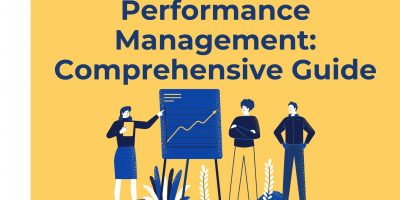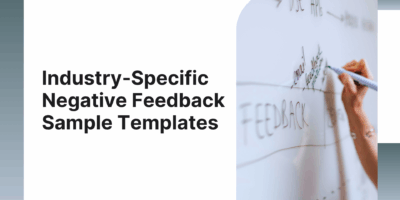
Performance Management: 2024 Comprehensive Guide
Unlock the strategies to drive your organization toward peak productivity and success through effective performance management practices.

Performance management is crucial for both employees and employers: Workers need to know how well their work is being received, and employers need a way to formally evaluate and give feedback.
Without performance management, employees can be lost. However, there are both effective and ineffective ways of managing employee performance. Below is curated data and research on performance management.


If done correctly, effective feedback can have great benefits for both the employees and the organization. If you are an employer, there are more than 100 performance management software solutions to help with your employee performance management.
Browse our curated list of vendors to find the best solution for your needs.
Subscribe to our newsletter for the latest trends, expert tips, and workplace insights!

Unlock the strategies to drive your organization toward peak productivity and success through effective performance management practices.

Negative feedback doesn’t have to feel negative. These industry-specific examples show how delivery and intent can turn difficult conversations into growth opportunities.

Discover the value of performance management tools in the modern business environment and explore top-performing software programs and their features.

Explore the four-day work week, a novel company perk that can potentially lead the new workforce revolution and change the workplace as we know it.
Used by most of the top employee benefits consultants in the US, Shortlister is where you can find, research and select HR and benefits vendors for your clients.
Shortlister helps you reach your ideal prospects. Claim your free account to control your message and receive employer, consultant and health plan leads.